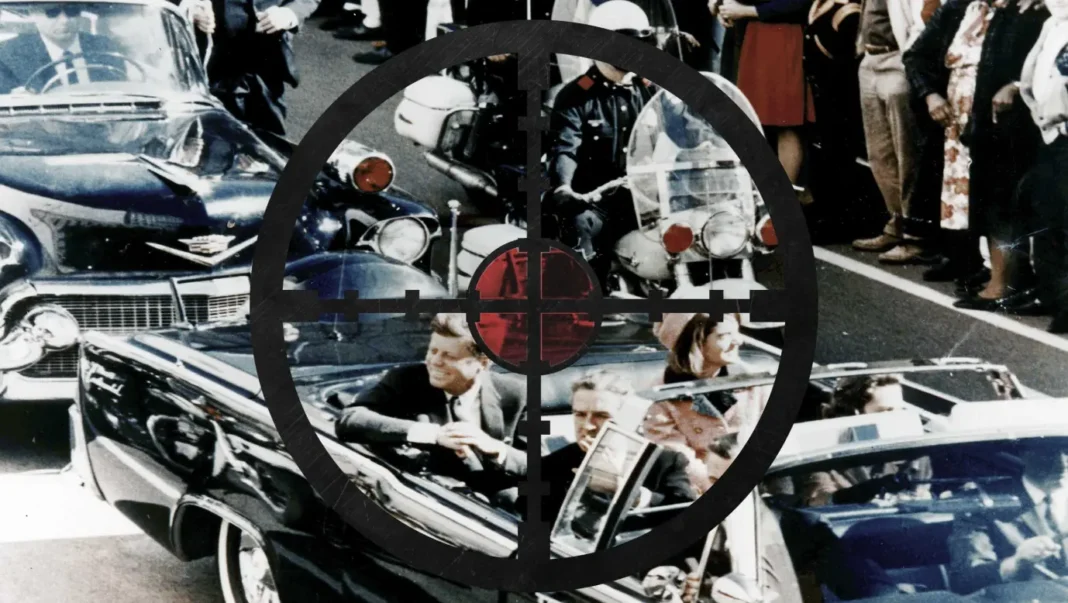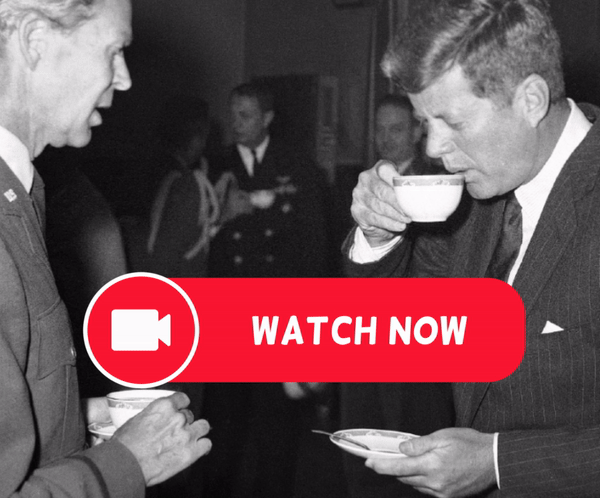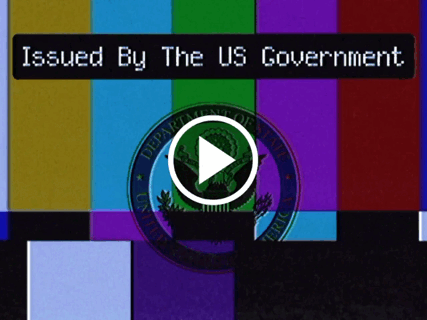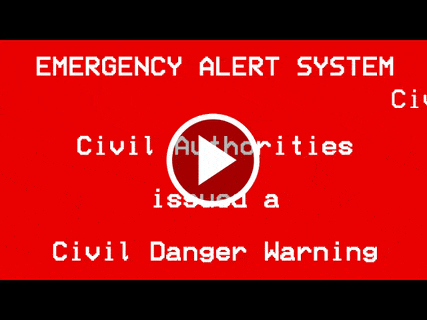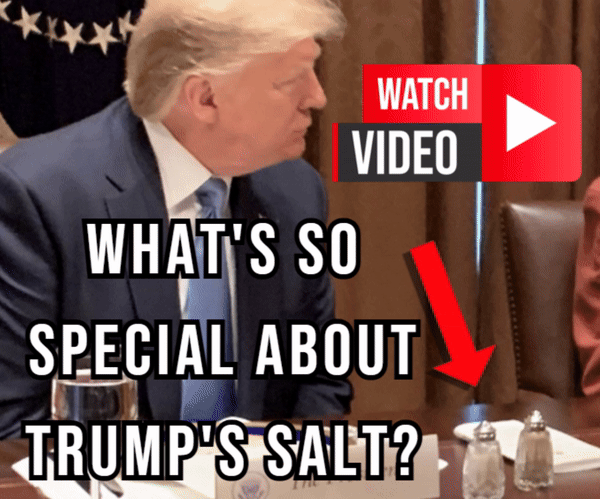The murkiness of a conspiracy theory is matched only by its thrill and the momentous challenge it poses to conventional wisdom. Treading this shadowy path, we journey into the intricate labyrinth that is the CIA-sponsored drug wars, the enigmatic business of defense contracting, and the seemingly endless Afghan occupation.
In the historical hall of intrigue, few events spark as much speculation and controversy as the assassination of President John F. Kennedy on November 22, 1963. As the official narrative goes, a former U.S. Marine and Soviet defector, Lee Harvey Oswald, was fingered as the lone gunman. But, did Oswald act alone, or was the CIA the puppet master in a deadly performance, orchestrating a hit on the American President to serve their intricate agenda?
In the quicksand of conspiracy theories, I’ve found myself dismissed and marginalised. Accused of being “dangerous,” my personal life has been turned upside down. Yet, as Cathy O’Brien did before me, I stand resolute. I continue to question, to push against the tide of what is accepted and what is questioned.
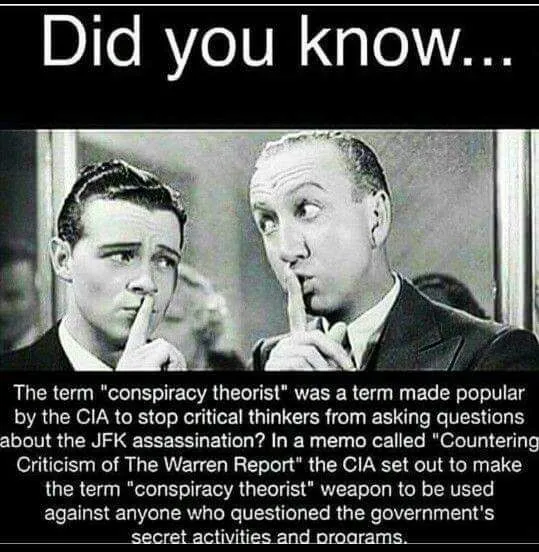
A cornerstone for all conspiracy theorists is Oliver Stone’s ‘JFK’, a film that tantalisingly explores the Kennedy assassination plot. But the story doesn’t stop at JFK and his brother in 1968.
We must ask: what else is the CIA capable of?
What strings are they pulling even now?
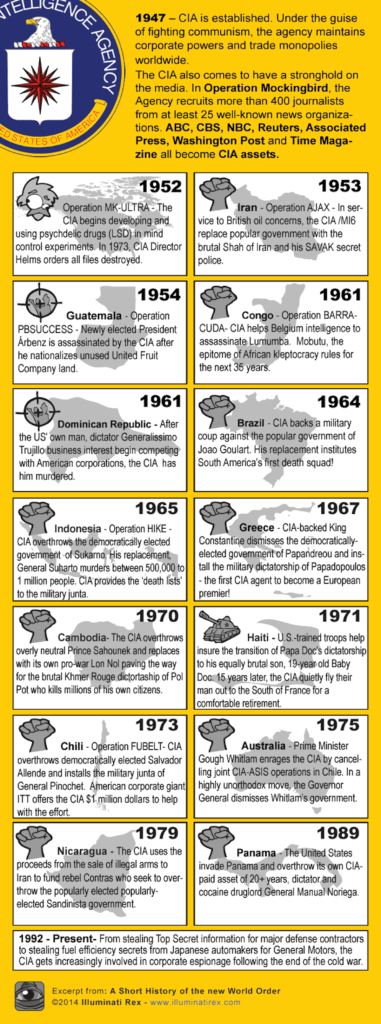
Before JFK’s murder, Robert McNamara proposed the withdrawal of American troops from Vietnam, an idea Kennedy supported. The power players of the time, such as McGeorge Bundy and Averell Harriman, both members of the notorious Skull and Bones secret society, attended the meeting.
Interestingly, George H.W. Bush, implicated in JFK’s assassination and another Skull and Bones member, played his part in the unfolding drama.
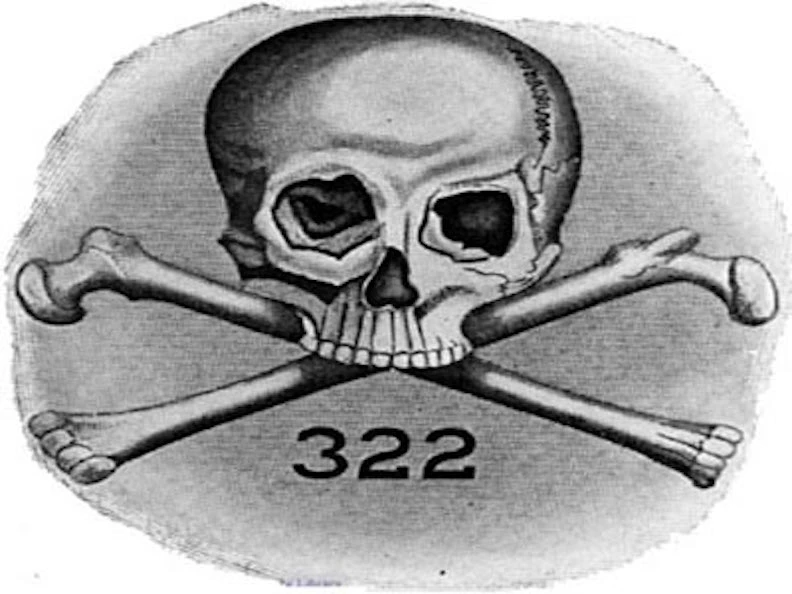
In a web of political machinations, the CIA initiated covert operations to ensure their interests remained paramount. Kennedy’s death immediately shifted America’s stance on Vietnam. Lyndon B. Johnson, Kennedy’s successor, kept all his predecessor’s advisors, ensuring the continuity of CIA’s influence.
The question then arises: why would the CIA want to drag America into an escalating war?

The answer lies in the profits reaped from the conflict, the blood-soaked dollar notes stacking up to the heavens. Companies like Dow, Monsanto, and Bell were only too happy to supply napalm, agent orange, and helicopters, respectively.
The Department of Defense shelled out one trillion dollars (adjusted for today’s inflation) on the war. As Gen. Smedley Butler, who foiled an Illuminati plot to overthrow the U.S. Government, succinctly put it, “War is a Racket.”
Yet, the war profiteering was just one facet of this multifaceted conspiracy. The CIA manipulated the Golden Triangle’s heroin production, turning Laos into the world’s largest heroin exporter. This nefarious operation fed the U.S.’s burgeoning heroin epidemic, poisoning Americans in their own homes. As Vietnam receded from America’s radar, the heroin production crashed, but not for long.
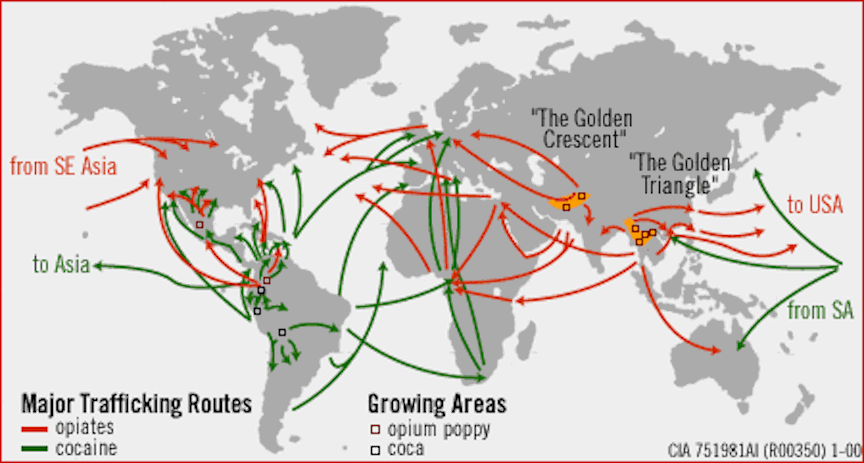
Richard Armitage, an American embassy envoy, allegedly financed drug smuggling in Vietnam and Bangkok from 1975 to 1979, corroborated by drug lord Khun Sa. This operation reportedly peaked under George Bush, the head of the CIA in 1976. The CIA’s intertwining interests with drug trafficking and gun-running created a nexus of nefarious activities in South America, further deepening their engagement with illegal enterprises.
After the Taliban eradicated 90% of the world’s heroin by banning opium production, Afghanistan became the CIA’s new playground. Following America’s invasion of Afghanistan, post-9/11, opium fields sprung back to life. The motive was clear: maintain the supply of heroin. Our soldiers were not there for democracy or women’s rights but to safeguard the opium fields.

As if the drug trade and war profiteering weren’t enough, a sinister third avenue of revenue opened: the private prison industry. Half of U.S prisoners are incarcerated for drug offenses, and private companies like CoreCivic, MTC, and the GEO Group, are making a killing. Defense contractors outnumber our soldiers, and companies like Northrop Grumman and Lockheed Martin are thriving on the taxpayer’s dime.
Thus, the CIA’s web of influence extends from drug trafficking and war profiteering to the private prison industry. This triad of power, constructed on the graves of countless victims, enables the CIA to control nations, economies, and lives. Kennedy’s assassination was merely a prologue to this grand narrative, a narrative that unfolds daily under the watchful eyes of the CIA.
Ask yourselves: if this could happen then, what’s stopping it from happening now?

Look around.
Look at the opioid crisis.
Look at the unending War on Drugs.
Look at the wars waged under the pretext of terrorism.
The conspiracies of yesterday are the realities of today.
It’s time we wake up to the untold truth.
The time to question, to resist, and to fight is now.
The truth is out there, and it’s up to us to uncover it.

